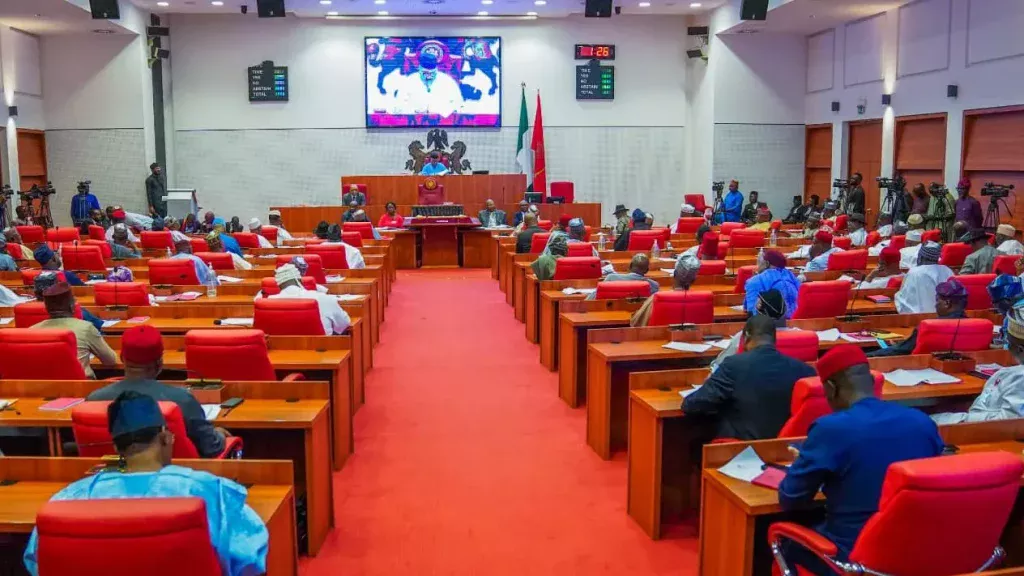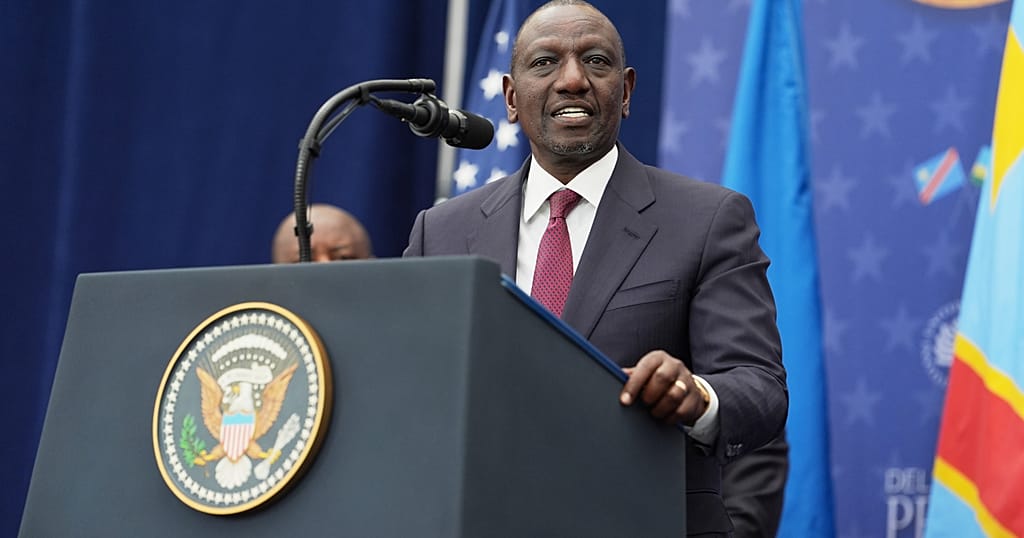Namibian Court Rejects Bid to Block 99-Year Lease of Farms to Russian Billionaire
In a significant ruling, the Windhoek High Court in Namibia has dismissed an application by the Popular Democratic Movement (PDM) to set aside a 99-year lease of four farms to Russian billionaire Rashid Sardarov’s company, Comsar Properties SA. The court’s decision, handed down by Judge Orben Sibeya, marks a major setback for the PDM, which had argued that the lease agreement was unlawful and designed to circumvent the country’s land reform laws.
The PDM had sought to have the court review and set aside the decision by former land reform minister Utoni Nujoma to grant permission for Comsar Properties to lease the four farms, which cover over 17,000 hectares of land east of Windhoek and north of Dordabis. The party claimed that the lease agreement, which was facilitated by a complex arrangement involving the purchase and donation of the farms to the government, was a scheme to evade the Agricultural (Commercial) Land Reform Act. This act aims to promote land reform and ensure that foreign ownership of land is regulated in the public interest.
At the heart of the dispute is a deal in which Comsar Properties paid N$43.4 million to the farms’ owners and then donated the land to the government. In return, the government agreed to lease the land back to the company for 99 years. The PDM argued that this arrangement was unlawful and that the land reform minister did not have the authority to lease the farms to a foreigner for such an extended period. The company has also acquired three other farms in the area, totaling 28,000 hectares, which it has combined to form a game reserve known as the Marula Game Ranch.
The court’s ruling is likely to have significant implications for land ownership and reform in Namibia, where the issue of foreign ownership of land is highly contentious. The PDM’s bid to block the lease was seen as a test of the government’s commitment to land reform and its willingness to regulate foreign ownership of land. While the court’s decision may be seen as a victory for Comsar Properties and the government, it is likely to be met with disappointment by those who argue that the lease agreement undermines the country’s land reform efforts.
As the dust settles on this landmark case, one thing is clear: the debate over land ownership and reform in Namibia is far from over. The court’s ruling may have resolved this particular dispute, but it is likely to fuel further discussion and controversy over the role of foreign investors in the country’s agricultural sector. With the spotlight firmly on Namibia’s land reform laws, the government will be under pressure to demonstrate its commitment to transparency and accountability in the allocation of land to foreign investors.



